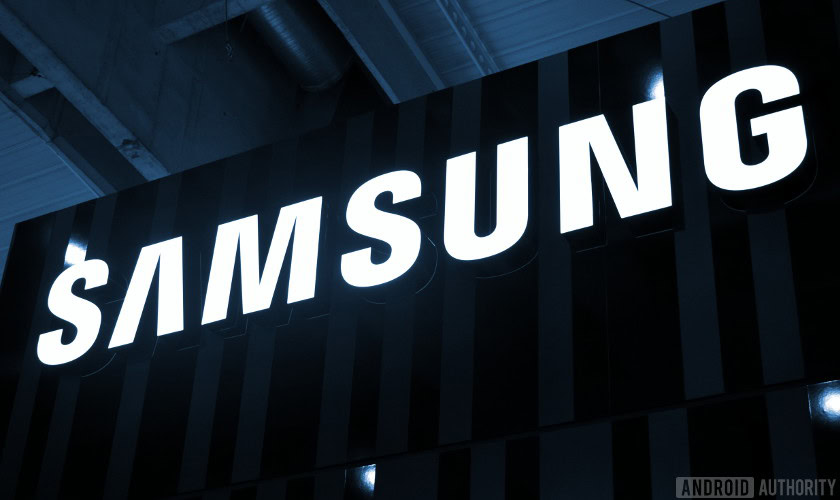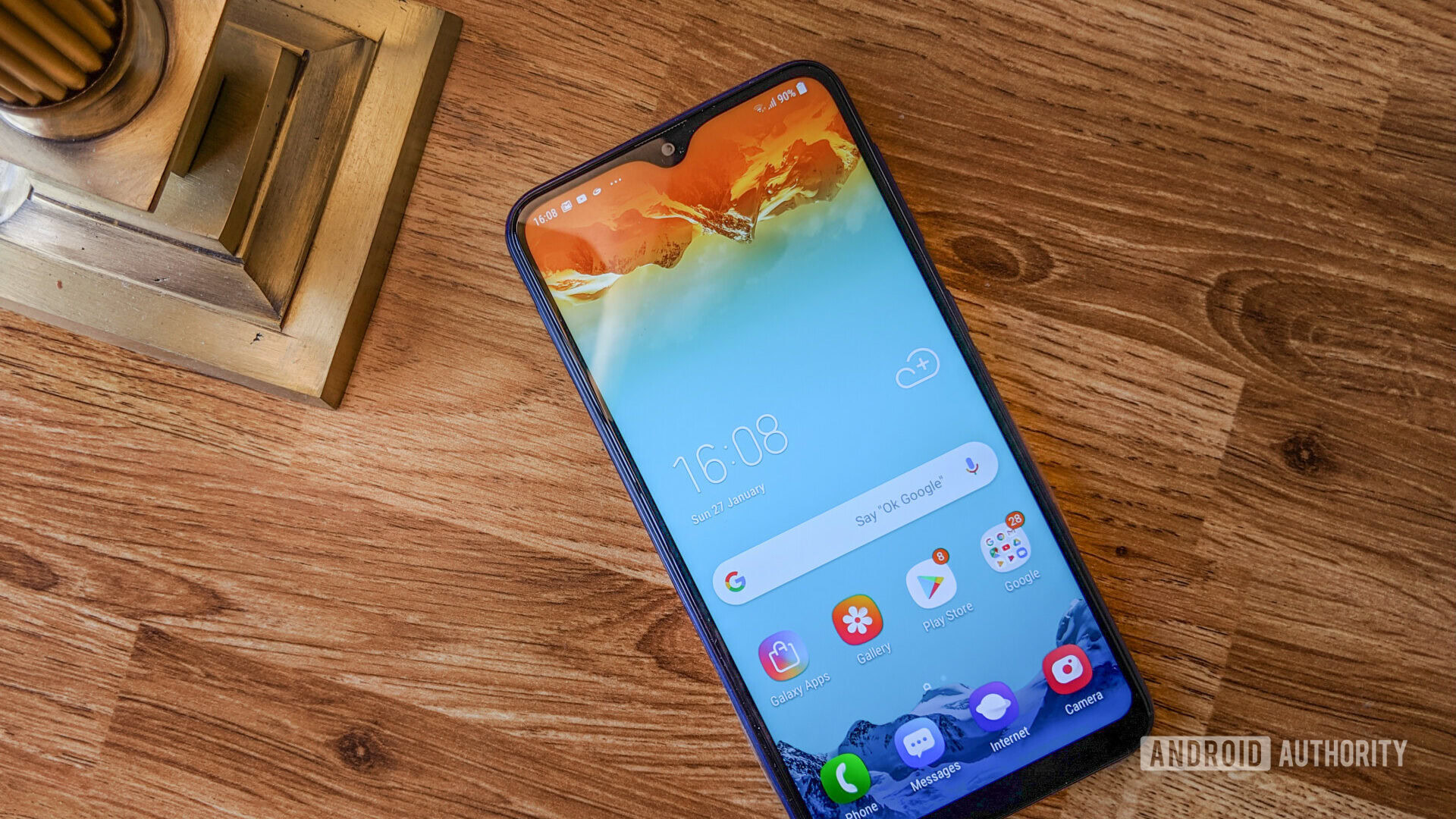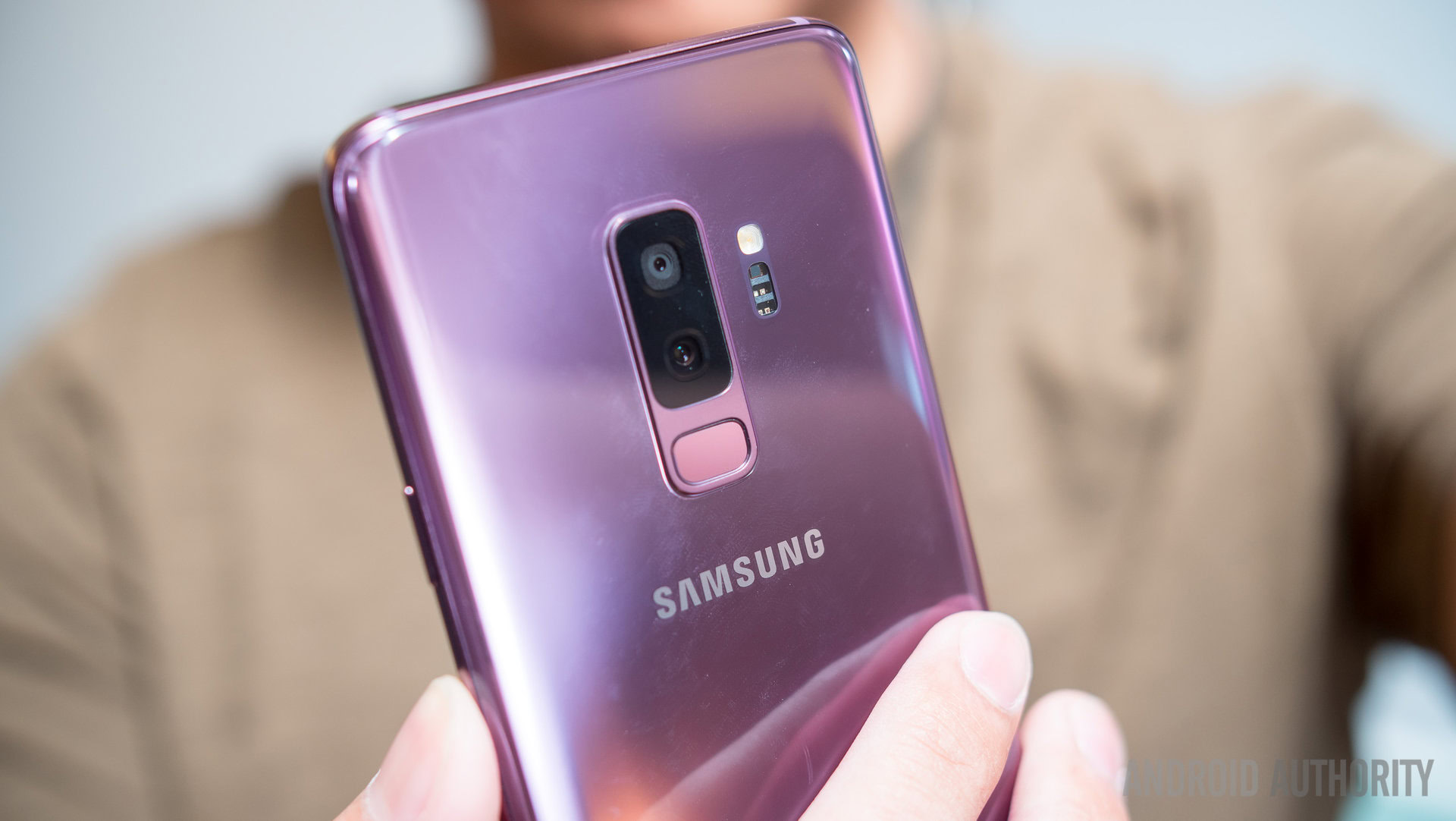Affiliate links on Android Authority may earn us a commission. Learn more.
Samsung profits plunge as global smartphone shipments slip
January 31, 2019


- Samsung reported declining profits to the tune of 28.7% year on year.
- Display, Memory and Mobility business most affected.
- Samsung is counting on future technologies like 5G and foldable smartphones to reverse the trend.
Samsung has reported a drastic plunge in profits amidst a global slump in smartphone sales. The company issued their quarterly earnings report earlier today, reporting an operating profit of 10.80 trillion won or $9.7 billion.
While that might seem like a healthy profit, it’s a drop of 28.7 percent year on year. The slump comes at a time when global smartphone sales declined 7 percent, the fifth consecutive quarter of decline in shipments. Samsung confirmed the decline in profit was due to slowing demand for memory chips used in smartphones and data centers.
In addition to memory, Samsung’s display business was also hurt by increasing competition between panel manufacturers for mobile devices. The last few years have seen an increase in the number of manufacturers for LCD display panels. With an overall slowdown in demand for panels, there is extra pressure on Samsung’s display business. Over the coming year, Samsung’s OLED business is also likely to be affected as more players get in the display panel business and compete with higher quality LTPS LCD panels.

The IT & Mobile Communications division at Samsung didn’t fare much better as shipments slowed down in light of tough competition from Chinese smartphone vendors at lower price points. Samsung has been finding it increasingly hard to remain their lead in critical markets like India and China. Huawei, Honor, and OnePlus have doubled their efforts across market segments and are making inroads with smaller profit margins. The company’s recently launched Galaxy M10 and Galaxy M20 are part of fresh efforts to reverse this trend.
As global smartphone demand and product dynamics change, Samsung will have to get more aggressive in the entry-level segment while focussing on future-looking technologies for the premium segment.

Going forward, the company expects the memory business to remain weak in the first quarter, which is generally a quieter period for Samsung as it builds up to its first major flagship release of the year. Samsung expects sales to improve with the announcement of the Galaxy S10 smartphone series on February 20. Couple that with improvements in the company’s smart assistant, Bixby, and associated products as well as an all-new foldable smartphone, and Samsung’s IT & Mobility division could quickly return to form.
With flagship prices expected to touch $1500 or even higher this year, high-end smartphone sales might not pick up enough to help Samsung’s business. Do you think it will be able to make up for it in the entry-level and mid-range segment? Let us know in the comments section.